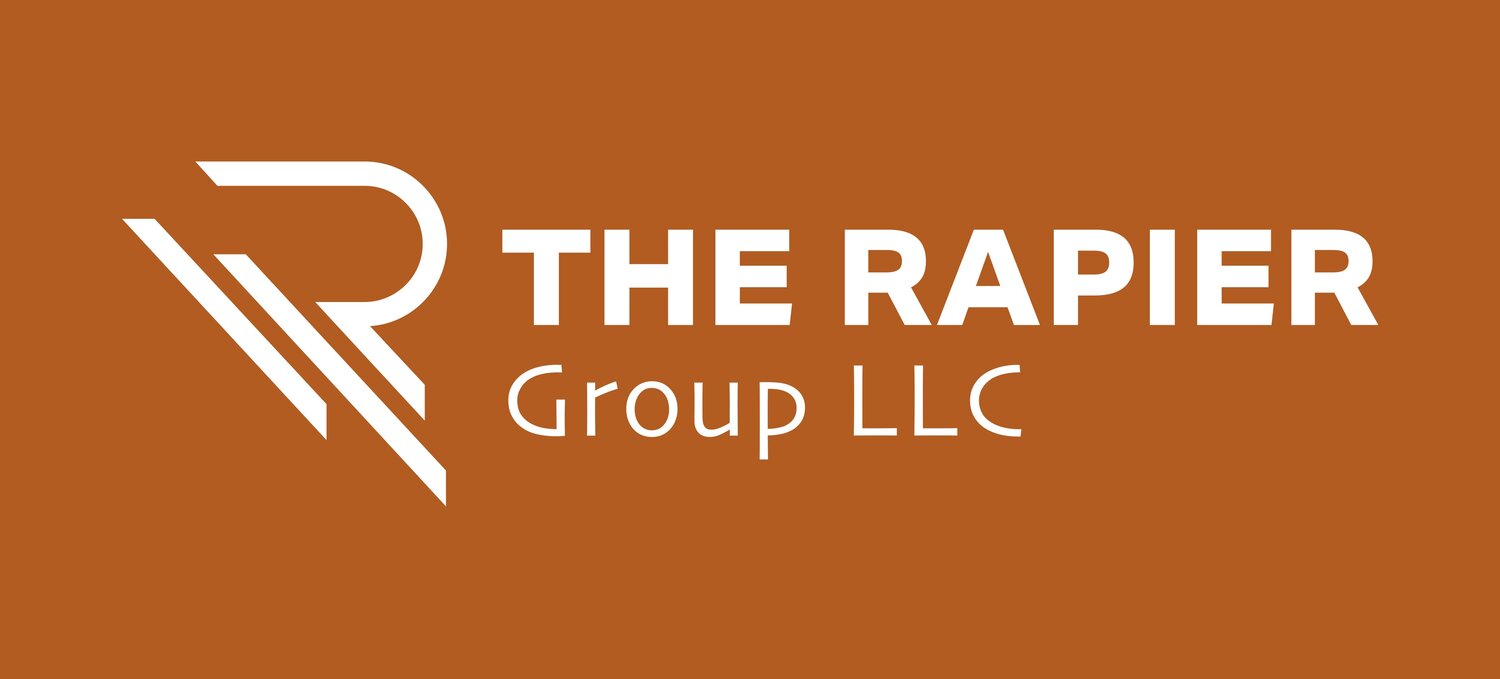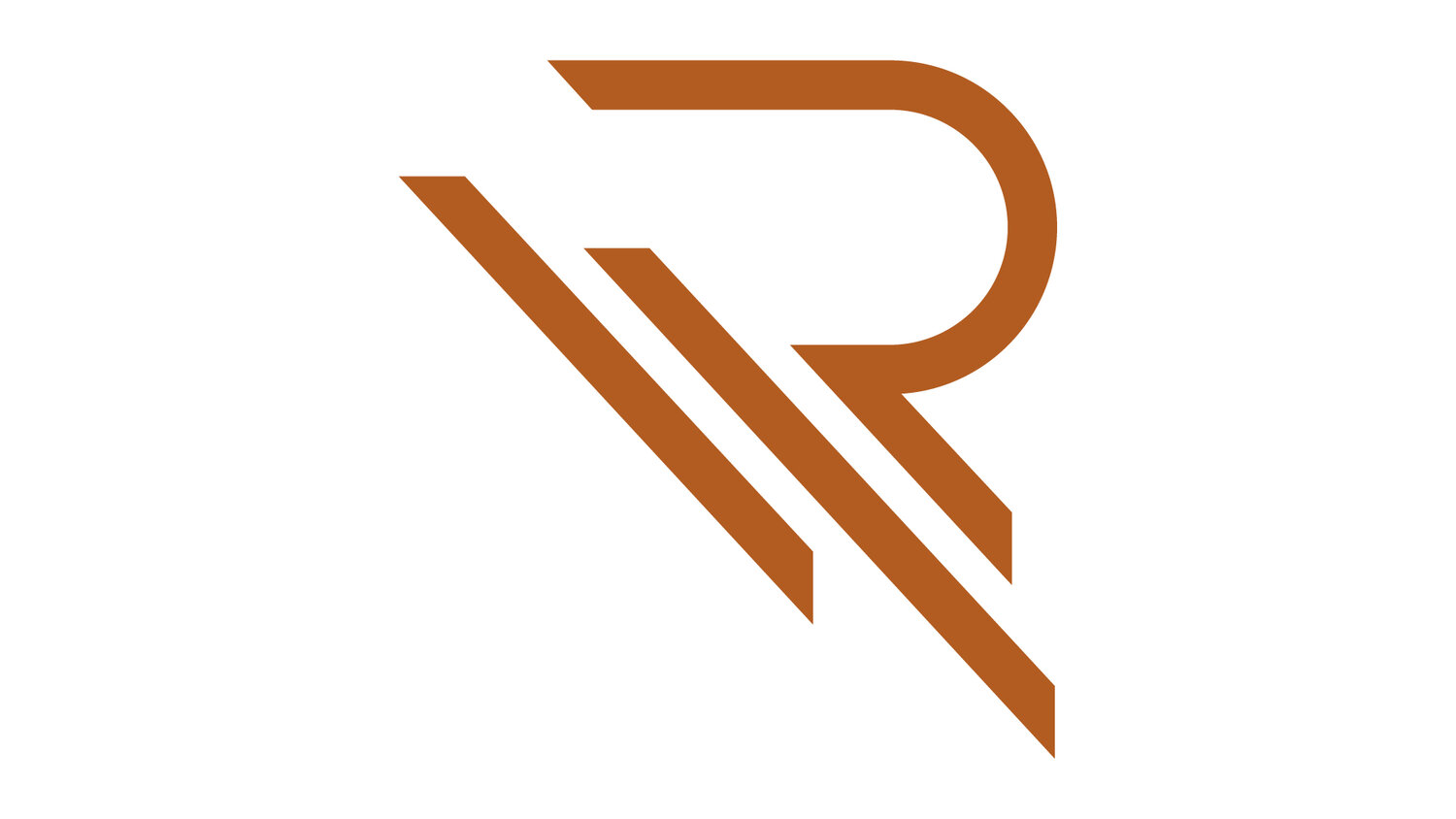The Changing Nature of Work
Photo by ThisIsEngineering
Today’s second topic is book reviews of ‘At Dawn We Slept, The Untold Story of Pearl Harbor’ and ‘Pearl Harbor, The Verdict of History.’
Word Count: About 1,200 words, with an approximate reading time of 5 to 7 minutes. Please share your thoughts in the comments. Please be kind and subscribe to my newsletter.
Links to purchase the books discussed in this newsletter can be found on my website's recommended reading page.
Business Insider recently published several articles focusing on different aspects of the changing nature of work. Bethany McLean wrote about the changing fortunes of Goldman Sachs. She describes her first three years as “…very unhappy. But they were also very formative.”
McLean remembers working 100 hours a week. I have worked for a few firms that expect this. I have never accepted this as usual or rational. There are 168 in a week. We all need more than 68 hours a week to eat, sleep, exercise, socialize, and focus on family. The long-term health consequences of this type of schedule are severe and well documented. The impact fatigue has on the quality of your work is often overlooked and becomes a performance issue.
I believe in the idea of a 45-55 hour professional workweek. There is an immersive quality to this schedule. Presence is required to understand the nuances of what is happening and what needs to be accomplished. This commitment is essential early in your career. This is when you learn how business works. Using a cooking analogy, your goal may be to be a great chef, but to be a great chef, you have to know how the entire kitchen comes together to make a great meal. You have to know how to make sausage.
Immersion is also the reason I support working from an office. Being in the same room working through a problem yields better solutions in less time. My experience is that the time before meetings and during breaks are usually the most interesting and productive. I spent much of my career working remotely and at client sites. I have learned how difficult it is to reach deeper levels of understanding in a virtual setting.
We have learned that being in the office does not necessarily mean being there every day. With careful and intentional planning, the benefits of immersion are achievable with less in person time. Employers need to be flexible. Employees also need to be flexible. If teams need to be together two or three days a week, the team needs to be present. This will not always be convenient for each individual.
Business Insider - RIP Goldman Sachs
Business Insider - Inside the strange, secretive rise of the 'overemployed'
MarketWatch - It’s not just a stereotype: Gen Z really does ‘have a work ethic problem’
Book Reviews – At Dawn We Slept, The Untold Story of Pearl Harbor and Pear Harbor, The Verdict of History
December 7 will mark the 82nd anniversary of the attack on Pearl Harbor. Gordan W. Prange wrote At Dawn We Slept and was the lead author of Verdict of History with Donald W. Goldstein and Katherine V. Dillon. Prange, a history professor at the University of Maryland, interviewed more people involved in the attack than anyone else. He interviewed both American and Japanese participants.
Pearl Harbor represents many leadership failures on the American side as well as Japanese effectiveness. The only thing that did not go Japan’s way that day was that there were no American aircraft carriers in port that Sunday morning. The American missteps are many, and some are still debated today. Many of them can be categorized in two ways.
A Lack of Imagination
Many war games were held in the pre-war years because Japan was seen as a major threat to peace. Among the scenarios was planning for an air attack on Pearl Harbor. In the end, the US prepared to defend the Philippines as the most likely starting place of hostilities. In Hawai’i, the primary threat Navy and Army commanders prepared for was guerilla activities from Japanese-American citizens living on the island.
Inattention
There were several warnings from Washington that war with Japan was imminent. The most famous was the THIS IS A WAR WARNING message. Many claim that the language should have been more direct. Washington was careful in the language used as they did not want Japan to learn their secure messages were being translated by the Magic team, often within hours. Command discounted warnings and took no steps to protect ground resources or have more ships out to sea on an unpredictable schedule.
Perhaps the greatest failure belongs to General Douglass MacArthur. The invasion of the Philippines did not begin until well after the attack on Pearl Harbor. In the intervening time, MacArthur took no action to prepare for the arrival of Japanese forces.
Today’s times are turbulent, and we would be well served by studying what happened in other times of turbulence. History is a great teacher.
What I’m Up To
We visited our grandchildren in Atlanta, spent Thanksgiving with friends, and are preparing for the rest of the holiday season.
I wish you and your families a joyous season.
Chips and Salsa: Snack-sized news and posts
Reading expands the mind. When a book is well written, the genre does not matter.
Esquire - The Mainstreaming of Historical Fiction
Understanding grammar is crucial to effective communication.
Pocket - This Is the Most Bizarre Grammar Rule You Probably Never Heard Of
Sometimes, to remember history, we have to rebuild it.
Texas Tribune - Bison return to Texas Indigenous lands, reconnecting tribes to their roots
NASA just shut down its quantum computing initiatives. Many call for a pause in AI development out of concerns about an impending dystopian AI world. While the US and other countries may show some ethical constraints, other adversarial nation-states will not. If we do not aggressively pursue this type of development, we will be at the mercy of those who do.
NASA Just Shut Down Quantum Computer After Something Insane Happened!
Wired - What Open AI Really Wants
Minnesota is getting a new flag. Simpler is better.
Minnesota Public Radio - Meet 3 people whose designs are finalists for the new Minnesota flag
Networks are like vineyards. They have to be tended to. They need the right amount of water and fertilizer. They also need to be pruned when necessary.
Wharton - The Power of Intentional Networking
Quotes
“The happiest people are those who discover that what they should be doing and what they are doing are the same thing.”
- Unknown
“Surrender to what is, let go of what was, have faith in what will be.”
- Paulo Coelho
“Education is what remains after one has forgotten what one has learned in school.”
- Albert Einstein
You can order The Leader With A Thousand Faces on the Recommended Reading Page of my website.
My goal is to make this newsletter as interesting and valuable as possible. Please share your thoughts and suggestions for improvement. If there are specific topics in leadership you would like me to focus on in future issues, please send them my way.
You can follow this newsletter on either LinkedIn or Medium.



